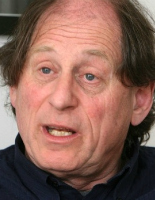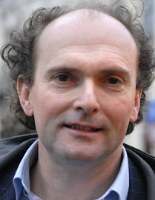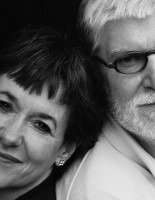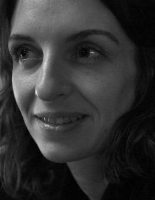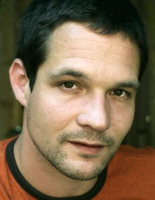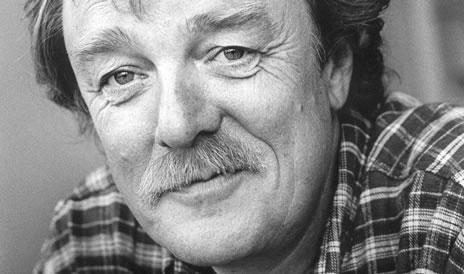
Midas Dekkers
- Fang Xuxiao interviews Midas Dekkers
Date: Thu 1 September Time: 03.30 pm Venue: BIBF - Café Amsterdam IV: 'The importance of being curious'
Date: Sat 3 September Time: 7:30 pm Venue: le Café, UCCA
Life and work
Midas Dekkers (b. 1946, Haarlem) is a biologist, writer and programme maker. He was born in Haarlem and grew up in Amsterdam where he studied biology. Dekkers writes non-fiction and children books. For the Children’s Book Week in 1985 he has written a book entitled Houden beren echt van honing? (‘Do Bears Really Like Honey?’) Most of his work has something to do with his major biology: mankind and animals. His Lief dier (‘Dearest Pet’, 1994) and De vergankelijkheid (‘The Way of All Flesh’, 1997) were international bestsellers.
Lichamelijke oefening
In Physical Exercise biologist Midas Dekkers concentrates his fire on the contemporary cult of fitness. All those hours spent in gyms and sports clubs he sees as a complete waste of time; they will not make your life any better or longer. In fact, sport causes injuries and heart attacks and is therefore likely to shorten your life.
Sport and fitness are mainly about making money. Dekkers reproaches the government for conspiring with health insurers and sports commercialism in deceiving us by promoting fitness and sport. The government is in fact trying to distract attention from its own failed policies on public health, which would be better served by less sport and more culture. People who read books and visit museums have a healthier lifestyle; brains contribute more to the quality of life than muscles, Dekkers says.
He explains the current fitness craze by looking back to the cultural and historical roots of the well-known saying ‘a healthy mind in a healthy body’. The dualism of mind and body, which regards the body as inhabited by the soul, defines our selfimage even today. Dekkers uses a contemporary metaphor: the body as the motor car, with ‘I’ as the driver.
Translation in Chinese
- Dekkers, Midas. [(Lichamelijke oefening)] Chinese / translated from German by Can Zhai. Guangzhou: Flower City Publishing House, (will appear June 2011).
